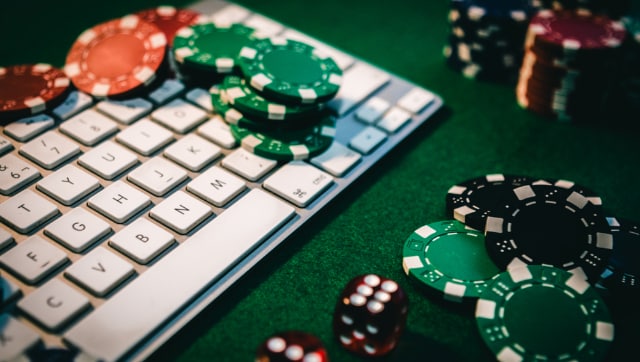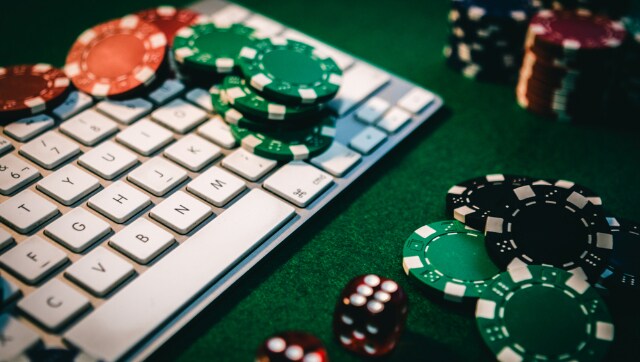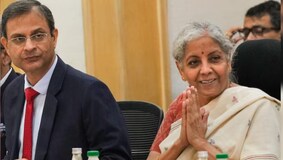
With online gaming, betting and horse racing getting taxed at 28%, tech moguls and gaming platforms are not happy. Most of them fear that this will kill the industry and drive Indian gamers to illegal platforms
During the 50th GST Council meeting, Finance Minister Nirmala Sitharaman made an announcement regarding the taxation of online gaming, casinos, and horse racing.
She stated that these activities would now be subject to a uniform tax rate of 28 per cent, on face value, which means that the tax would be applied to the values of the bets placed in the case of online gaming and horse racing, and to the purchase of chips in the case of casinos. There will be be no differentiation made between games of skill and games of chance.
No intention to harm online gaming
Minister Sitharaman clarified that the intention of the GST Council was not to harm the online gaming industry or states with casinos. Some states had expressed their concerns, but the Council took into account a moral question: whether it was appropriate to provide more encouragement to these activities than to essential goods.
Related Articles
Sitharaman expressed her pride in the fact that the Council thoroughly discussed and comprehended the complexity of the matter before reaching a decision that had been pending for 2-3 years.
Big money in online gaming
According to a report published in April 2023 by the Federation of Indian Chambers of Commerce & Industry (FICCI) and EY, the turnover of online gaming companies in 2022 reached Rs 13,500 crore. The report also revealed that India had a staggering number of over 400 million online gamers, with approximately 90-100 million engaging in frequent gaming activities. Within the online gaming segment, real money gaming accounted for 77 percent of the total revenues.
The report further projected that the online gaming sector would witness continued growth, with an estimated total revenue of Rs 16,700 crore in 2023 and Rs 23,100 crore in 2025, before accounting for taxes. These figures indicate a positive trend and highlight the significant potential and economic impact of the online gaming industry in India.
Entrepreneurs not happy
Naturally, the online gaming industry is not too happy with this and were very vocal about this. Ashneer Grover, who owns CrickPe, a platform that allows users to create virtual teams of the real players and earn points depending upon their actual performance in real matches, put out some scathing tweets.
“RIP – Real money gaming industry in India,” he tweeted. “If the government is thinking people will put in Rs 100 to play on Rs 72 pot entry (28 per cent gross GST); and if they win Rs 54 (after platform fees), they will pay 30 per cent TDS on that — for which they will get a free swimming pool in their living room the first monsoon – it’s not happening!”
“It was good fun being part of the fantasy gaming industry — which stands murdered now. $10 billion down the drain in this monsoon,” Ashneer Grover said. “Time for startup founders to enter politics and be represented – or this is going to be spate industry after industry,” he concluded
Several pitfalls
Malay Kumar Shukla, Secretary, E-Gaming Federation said, “We are deeply distressed with the GST Council’s decision to implement 28% GST on the Contest Entry Amount (CEA) as opposed to Gross Gaming Revenue, which is the international standard for the sector.
Bhavin Pandya, co-founder and co-CEO of Games24x7, who have games like My11Circle and RummyCircle, said, “The taxation of CEA creates a challenging environment for legitimate domestic platforms by imposing an unrealistic tax burden, he explained. This approach contradicts the government’s efforts to promote and support this emerging sector. Implementing GST on CEA would ultimately make it financially unfeasible for the legitimate online gaming industry to operate successfully.”
“This will effectively drive consumers towards offshore and illegal platforms that pay no taxes, resulting in loss of taxes and outflow of foreign exchange. Further, this will also lead to loss of employment for thousands working in this sector,” said Shukla.
The age old debate – games of luck vs games of skill
Another pain point is that games of skill and games of luck have been bracketed together. Says Shukla “Online gaming is different from gambling, and the Supreme Court and various High Court decisions have reaffirmed the status of online skill-based games as legitimate business activity protected as a fundamental right under the Indian constitution. While the industry was quite optimistic with the new developments including amendments to the IT rules and implementation of TDS on net winnings, all this will be moot if the industry is not supported by a progressive GST regime.”












